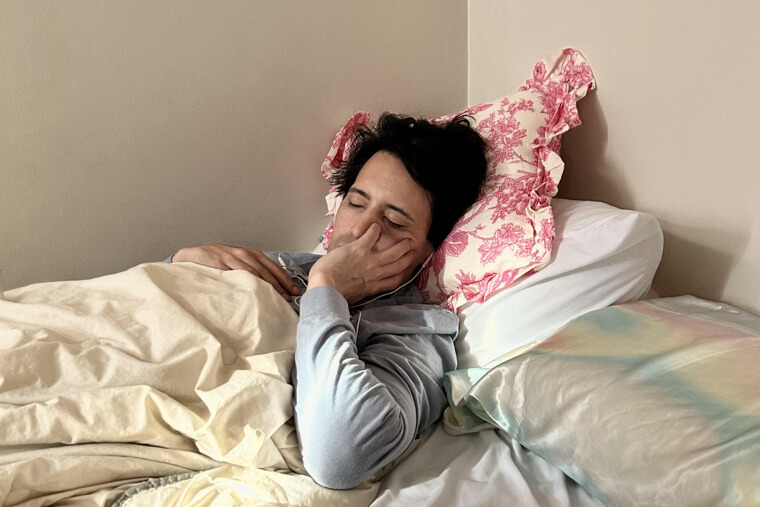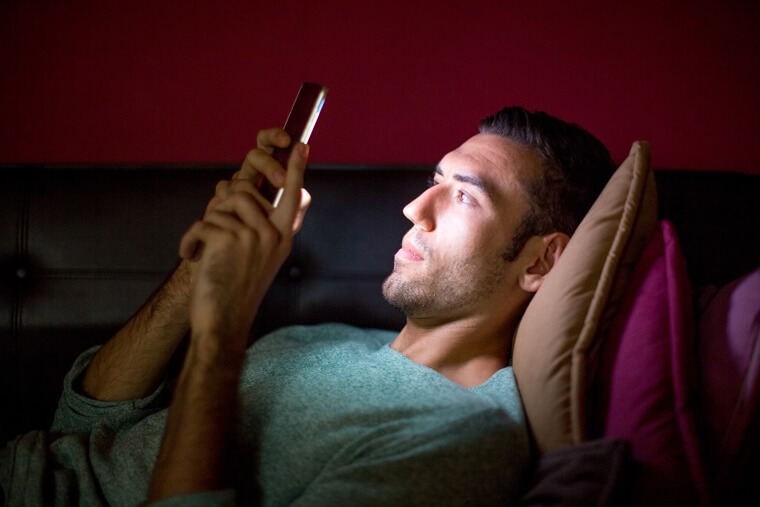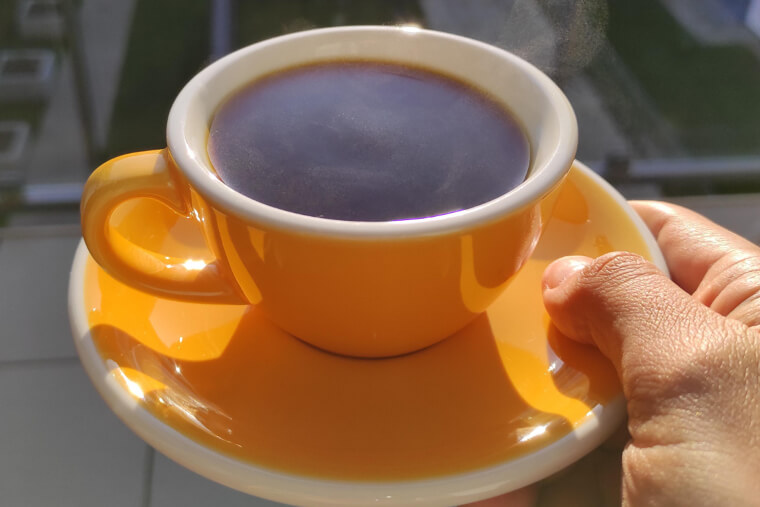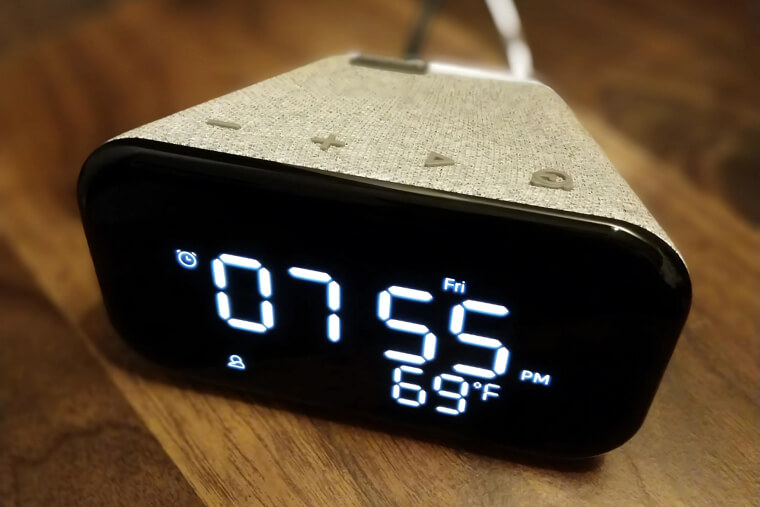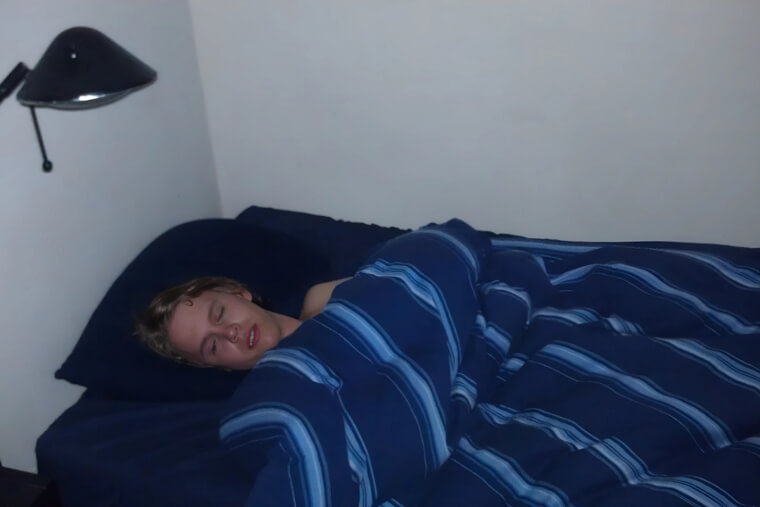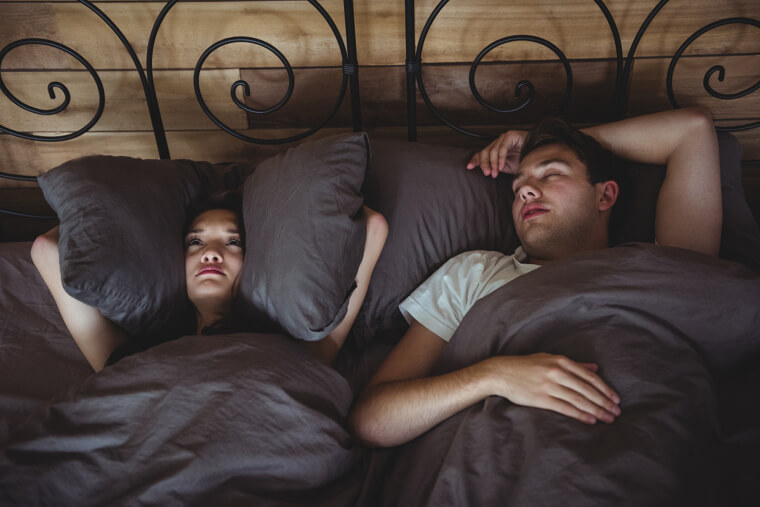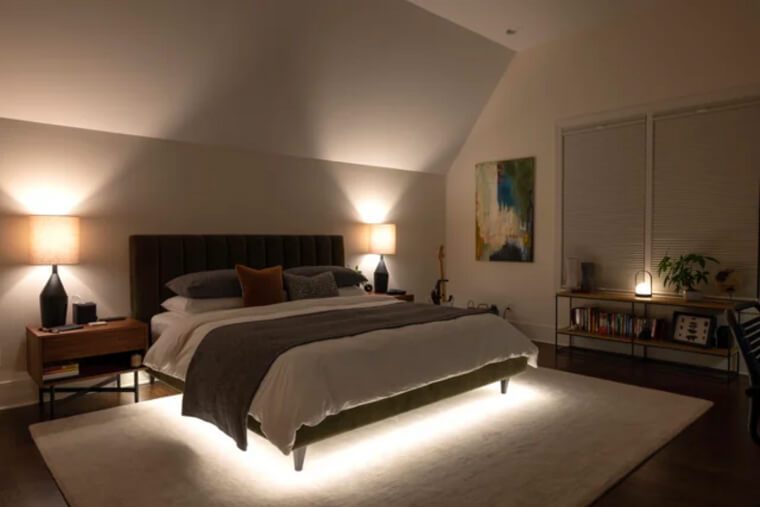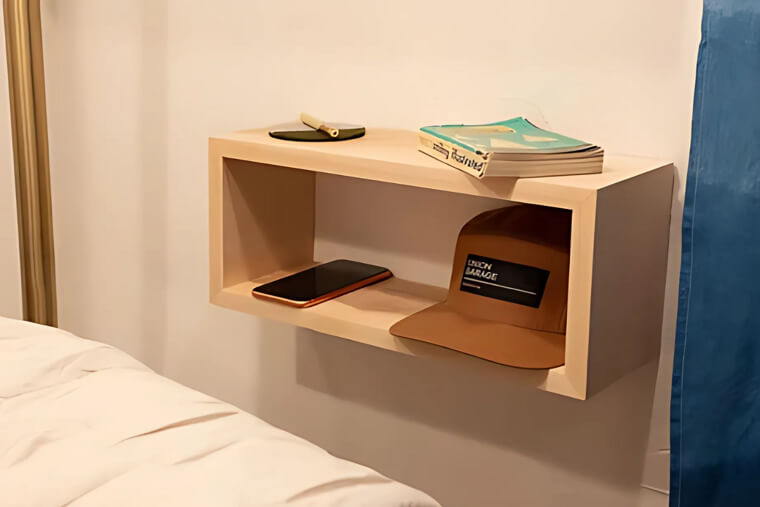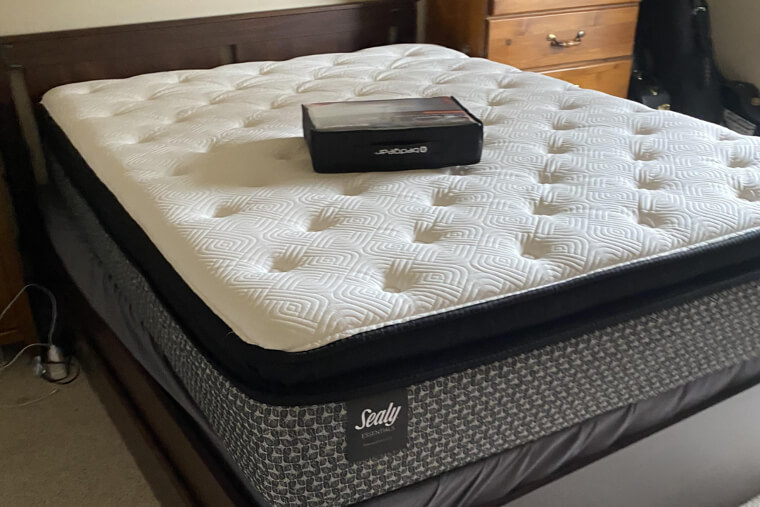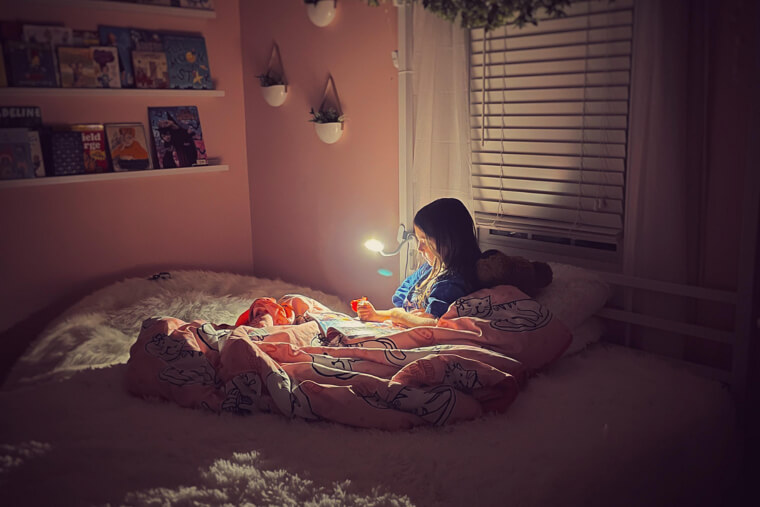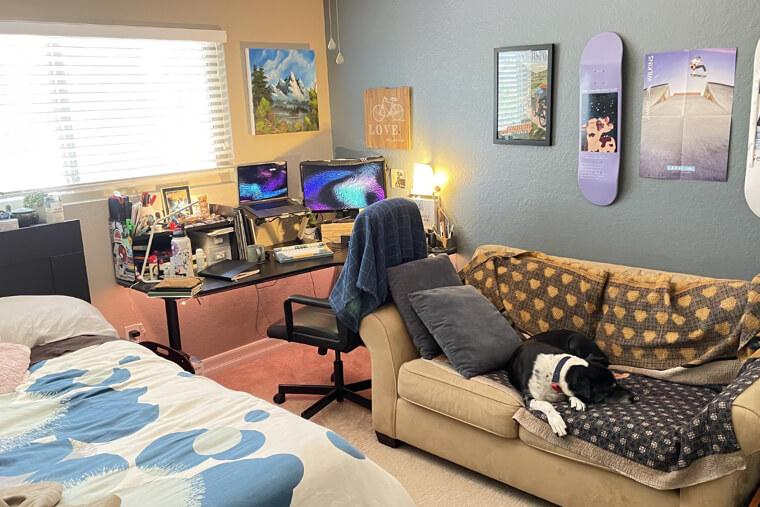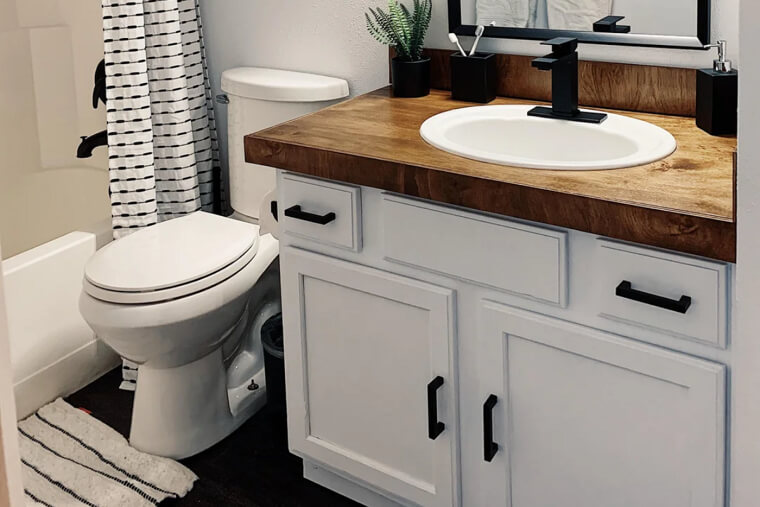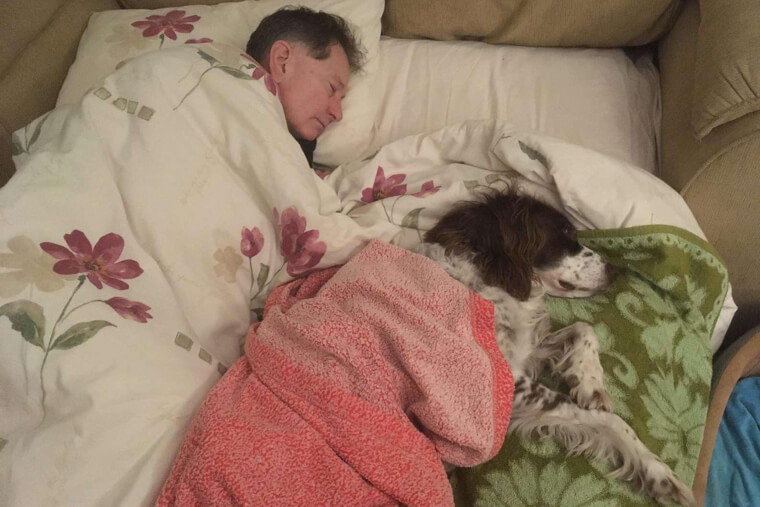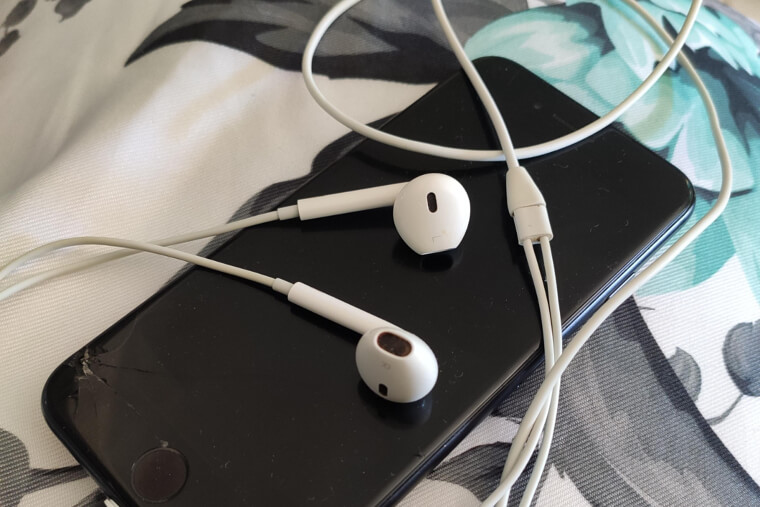Sleep Is Sacred
Many of us tend to underestimate the importance of getting 7-8 hours of restful sleep every night. Lack of proper sleep has been linked with weakened immune systems, risk of diabetes and heart diseases, mood disorders, and even shortened overall lifespans. It is also important to remember that getting 7 hours of sleep means nothing if you aren’t sleeping well. Here are a few mistakes you could be making that can affect your quality of sleep.
Using Screens Before Bed
We’ve all been there—scrolling in bed until 2 AM trying to “fall asleep”. What most of us don’t realize is that scrolling (or looking at any screen in general) while trying to fall asleep is counterproductive. The blue light emitted from screens actually disrupts your body’s natural process of making melatonin, which makes it harder to fall asleep.
Drinking Caffeine Too Late
Caffeine takes anywhere between 10 to 12 hours to completely get out of your system. This means that if your bedtime is at 10 PM, your afternoon cup of coffee is still circulating in your system when you’re trying to fall asleep. If you’re looking to improve your sleep quality, stay away from the cup o’ joe after morning.
Inconsistent Sleep Schedules
Your body has a natural internal clock that usually regulates your sleep cycles. However, if you don’t sleep and wake up at the same time every day, this internal clock is thrown for a loop. Because of this, when you do fall asleep, you don’t feel as rested.
Oversleeping on Weekends
How many times have you powered through a busy week, barely sleeping 5 hours a night, thinking that you can “catch up” on the weekends? What you might not realize is that doing this throws off your body’s natural circadian rhythm, making it harder for you to fall asleep.
Ignoring Snoring or Sleep Apnea
We all have that one uncle who we refuse to sleep in the same room with because of how much he snores. Well, it might be time for him to seek professional help. Untreated excessive snoring or sleep apnea can lead to chronic fatigue and even heart issues.
Sleeping With the Lights on
There are many people who habitually sleep with the lights on for reasons ranging from fear of the dark to health issues. However, doing so suppresses melatonin production in your body, preventing deep sleep.
Using Substances to Fall Asleep
The only exception to this would be if you are prescribed medication to help you sleep better. Othering, using anything from alcohol to sleeping pills, or any other substances, can not only ruin your quality of sleep but can also become addictive over time.
Skipping Morning Sunlight
This might seem unrelated to sleeping habits, but how you wake up is almost as essential as how you sleep. Waking up early and getting the golden hour sunlight helps reset your circadian rhythm and lets you fall asleep faster and for longer at night.
Keeping Your Phone on the Nightstand
This might be a habit born out of convenience or even because all your alarms are on your phone. And while having your phone close by is accessible, it also keeps your subconscious alert when you’re sleeping. Any notification or mild sound is enough to break your sleep cycle and ruin the quality of your sleep.
Grabbing a “Midnight Snack”
Digesting food is one of those “background” processes that our body does that takes a lot of energy. If your body is busy digesting your midnight snack while you’re asleep, your stomach and other digestive organs don’t get the rest they need.
Sleeping on a Low-Quality Mattress
No, a $2000 mattress is not the only way to get a good night’s sleep, but having a good, firm mattress is essential. It doesn’t matter how expensive it is as long as your whole spine is well supported. Sleeping on low-quality, thin mattresses can cause chronic back pain and sleep interruptions.
Skipping Winding Down Routines
You might not want a twelve-step skincare routine, but having some sort of winding-down ritual is helpful to fall asleep quicker. Something as simple as making a cup of herbal tea or reading a good book can tell your brain that it’s time to shut off and get ready for bed, making the whole process much quicker.
Exercising Too Close to Bedtime
Exercising (especially strenuous forms of cardio) can increase your core body temperature and release the hormone adrenaline in your bloodstream. Adrenaline is the ‘fight or flight’ hormone that keeps you alert and awake, making it difficult to fall asleep.
Using the Bedroom for Work
Our brains are wired to form emotional and psychological links between places and their functions. It is why we crave a snack when we enter the pantry. If you use your bedroom just to sleep, your brain forms that mental link between the bed and rest. But if you also work on your bed, that link is broken and winding down, and falling asleep becomes more difficult.
Drinking Too Much Water Before Bed
Staying hydrated is a good thing and helps your body function well, but drinking too much water right before bed is actually harmful to your sleep cycle. If you need to use the bathroom frequently at night, it interrupts your sleep cycle and degrades the quality of your sleep.
Not Addressing Chronic Pain
Unaddressed chronic pain is one of the biggest issues faced by many normal Americans today. It affects their ability to do their jobs, live a happy life, and yes, even fall asleep. Chronic pain can lead to sleep fragmentation and fatigue, making quality sleep elusive.
Sleeping With Pets
For many of us, our lives revolve around taking care of our furry friends. For many others, letting them sleep in our beds is almost a rite of passage. But while having them near us while we are awake can boost our mood and well-being, sleeping in the same bed as them might not be as healthy. They can create sudden movements and noises that interrupt our natural sleep cycles or even trigger allergic reactions.
Underestimating Noise Pollution
If you have ever lived near a busy road, you know how disruptive noise can be to your sleep. Even something as small as a ticking clock is enough to disrupt your sleep cycle and ruin your rest.
Falling Asleep With Headphones on
This one is unhealthy for a range of reasons, including the possibility of earwax buildup, ear infections, disrupted sleep, and physical discomfort, among others. If you are one of those people who need white noise to fall asleep to, consider getting a white noise machine or playing white noise videos on a speaker.

